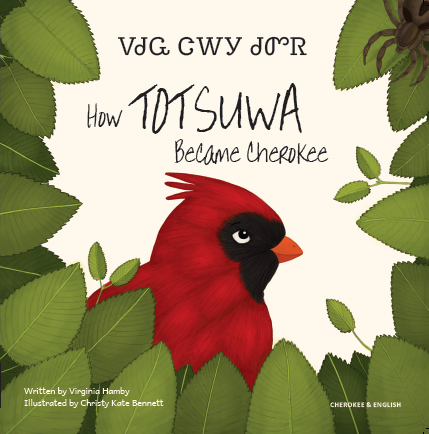Cherokee Language Spotlight! Today we learn some interesting facts about the Cherokee language and take a look inside How Totsuwa Became Cherokee........... CONTINUE READING
June 12, 2021



